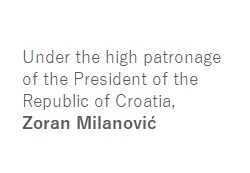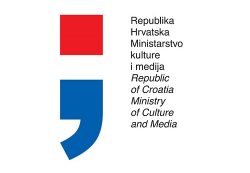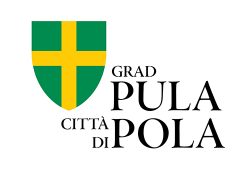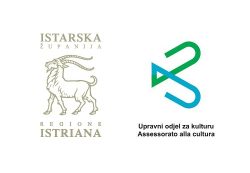Pula Film Festival becoming the most important meeting place of Croatian film and its audience
Participants: HAVC – Croatian Audiovisual Centre, Ministry of Culture, Croatian State Archives – Croatian Film Archive, Yugoslav Film Archive, Bologna Film Archive (Cinetteca di Bologna)

The round table will focus on some of the key issues of restoring and marketing Croatian film classics. The main topic will be the preservation of film heritage with a presentation of the programme of restoring Croatian films. The screening of the restored film H-8 will take place after the round table discussion.
News
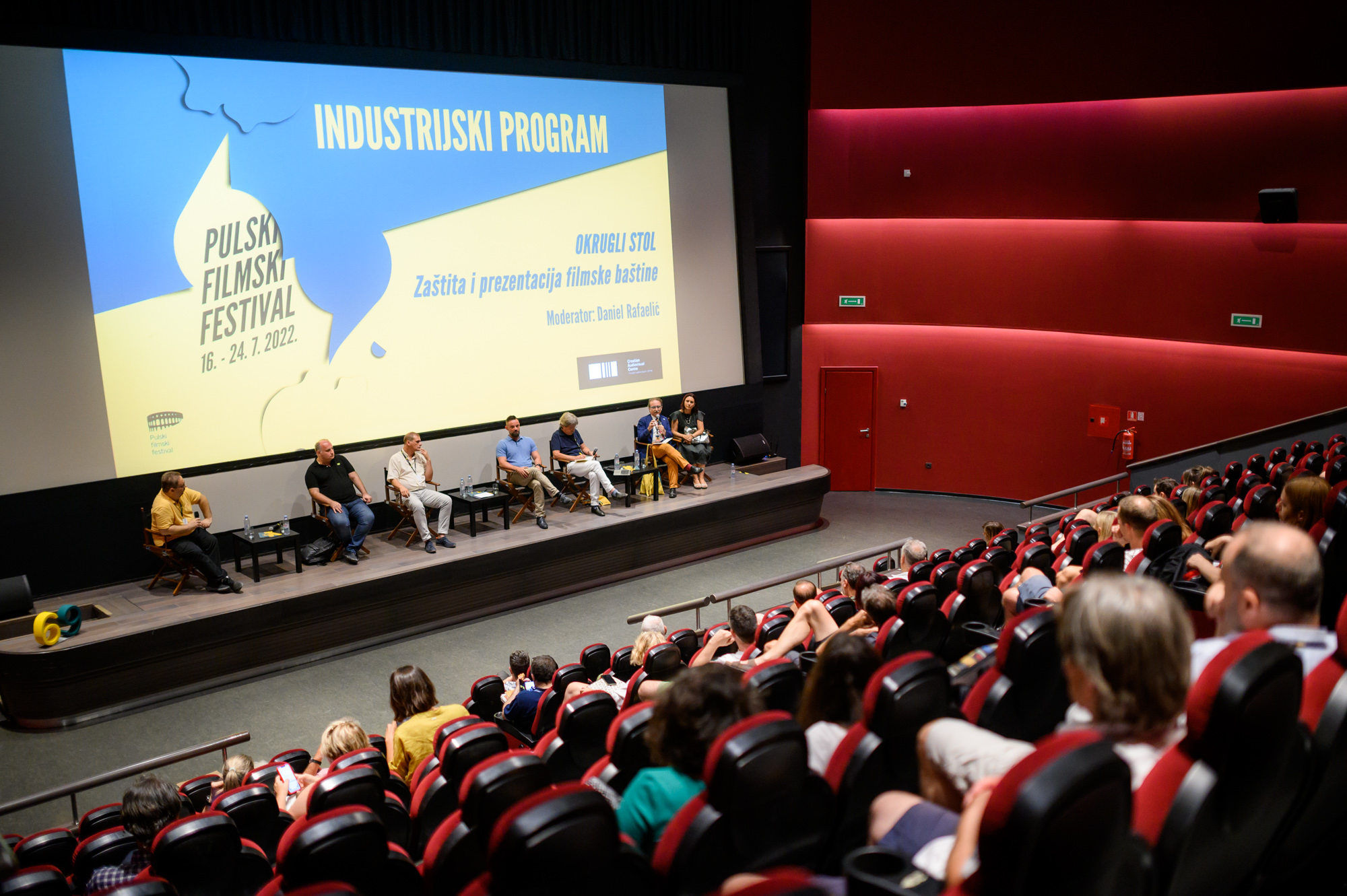
Interest in Archive Films Despite Lack of Funds for Digitalisation
The round table on protecting and presenting film heritage gathered experts from the region. As moderator Daniel Rafaelić said, the advent of streaming platforms that allow all modern content to be available, digitalisation of archive films becomes eroticised and a truly burning issue.
Aleksandar Erdeljanović, director of Yugoslav Film Archive, presented an interesting model of restoring film. The archive has an agreement with the local telecommunication company – VIP Serbica, to restore 10 films every year.
Krešimir Partl, State Secretary at the Ministry of Culture and Media, spoke about the ever-present issue of the lack of funds, and thinks the process is moving too slow in Croatia and that there is no reason not to intensify the process. The procurement of scanners has already started, and as Dinko Majcen from the Croatian State Archives said, two operators have already started their training in Bologna. Majcen thinks that digital platforms contribute to the protection of film heritage much more than cinema theatres themselves.
Gianluca Farinelli, director of the Bologna Cinematheque and founder of Il Cinema Ritrovato Festival, spoke about three important issues from his rich experience. The prerequisite of preserving film stock is that the people working with it have to be properly trained to transfer the esthetic of the original as closely as possible, such as the intimate story of the material and its originality, and to transfer the author’s view as closely as possible.
Chris Marcich, CEO of the Croatian Audiovisual Centre, emphasised the importance of training, as well as creating an audience who will appreciate this process. He also said that restoration is a type of dialogue of the present and the past, and a dialogue with the audience, and that it is beneficial development and learning about the past and the culture of our area, as well as about the present.
The Croatian Audiovisual Centre is working on promoting our heritage beyond Croatia and making it more readily available. Netflix is interested in our archive films, but it is important that we also start our own platform and introduce the Croatian audience to our film heritage. After the round table, Nikola Tanhofer’s 1958 film H-8… was screened. The film represented Croatia at last year’s Venice Film Festival.
Interest in Archive Films Despite Lack of Funds for Digitalisation
The round table on protecting and presenting film heritage gathered experts from the region. As moderator Daniel Rafaelić said, the advent of streaming platforms that allow all modern content to be available, digitalisation of archive films becomes eroticised and a truly burning issue.
Aleksandar Erdeljanović, director of Yugoslav Film Archive, presented an interesting model of restoring film. The archive has an agreement with the local telecommunication company – VIP Serbica, to restore 10 films every year.
Krešimir Partl, State Secretary at the Ministry of Culture and Media, spoke about the ever-present issue of the lack of funds, and thinks the process is moving too slow in Croatia and that there is no reason not to intensify the process. The procurement of scanners has already started, and as Dinko Majcen from the Croatian State Archives said, two operators have already started their training in Bologna. Majcen thinks that digital platforms contribute to the protection of film heritage much more than cinema theatres themselves.
Gianluca Farinelli, director of the Bologna Cinematheque and founder of Il Cinema Ritrovato Festival, spoke about three important issues from his rich experience. The prerequisite of preserving film stock is that the people working with it have to be properly trained to transfer the esthetic of the original as closely as possible, such as the intimate story of the material and its originality, and to transfer the author’s view as closely as possible.
Chris Marcich, CEO of the Croatian Audiovisual Centre, emphasised the importance of training, as well as creating an audience who will appreciate this process. He also said that restoration is a type of dialogue of the present and the past, and a dialogue with the audience, and that it is beneficial development and learning about the past and the culture of our area, as well as about the present.
The Croatian Audiovisual Centre is working on promoting our heritage beyond Croatia and making it more readily available. Netflix is interested in our archive films, but it is important that we also start our own platform and introduce the Croatian audience to our film heritage. After the round table, Nikola Tanhofer’s 1958 film H-8… was screened. The film represented Croatia at last year’s Venice Film Festival.

